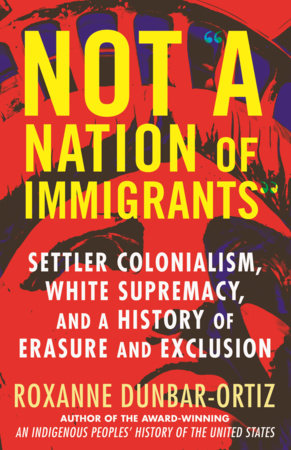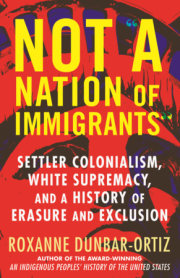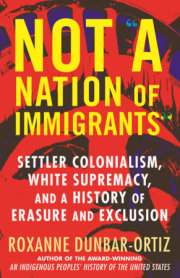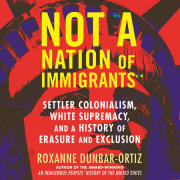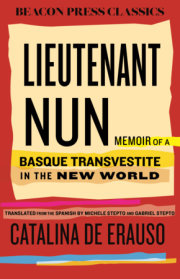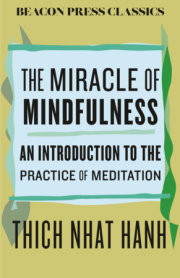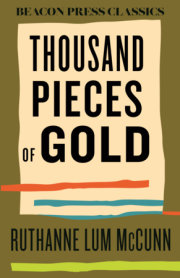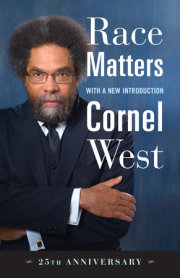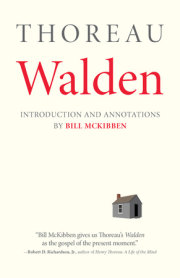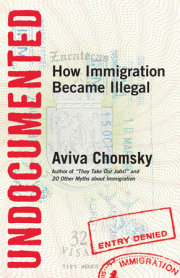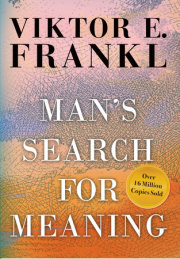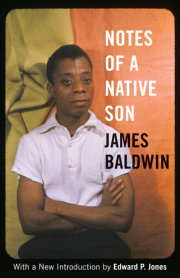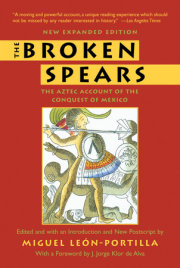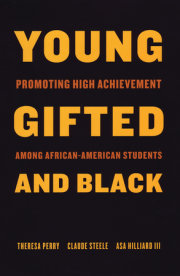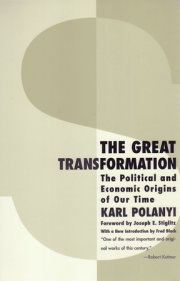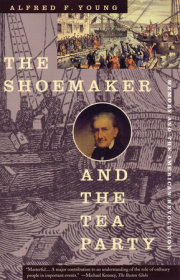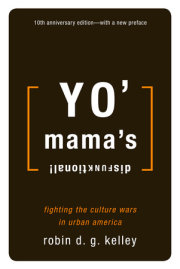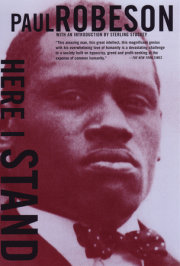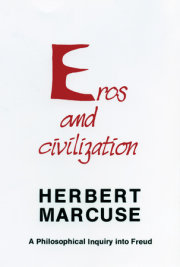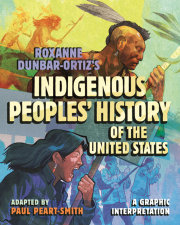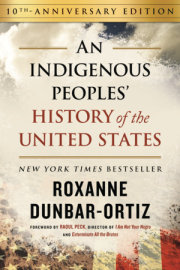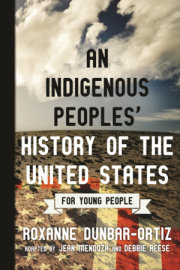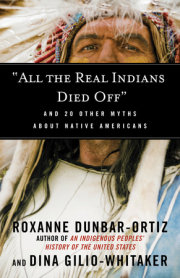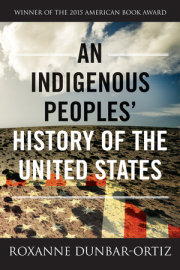“Her thought-work and writing are both full-force with courage and wisdom. In the age of telling truth, she says, the US has yet to correct its narrative to acknowledge its settler-colonialist and imperialist past and present. This book should be taught in classrooms; readers will finish it changed.”
—Booklist, Starred Review
“Dunbar-Ortiz’s message is clear: uplifting narratives about the United States as a ‘nation of immigrants’ allow the country to hide from its history of colonialism, genocide, slavery, and racism . . . . [T]his thought-provoking account will prove insightful for all.”
—Library Journal
“This impassioned and well-documented history pulls no punches.”
—Publishers Weekly
“Historian Roxanne Dunbar-Ortiz rightly argues that the United States is not ‘a nation of immigrants’ but, more accurately, a nation of colonizers. A must-read.”
—Nick Estes (Lakota), author of Our History Is the Future
“Not ‘A Nation of Immigrants’ challenges to the core one of the most dominant narratives about the United States, as a country founded by and welcoming for immigrants. Dunbar-Ortiz’s captivating and accessible historical account forces a reckoning with the various layers of the US imperialist project, from territorial control to economic and political influence at the expense of Black populations, migrants, and Indigenous peoples. This myth-shattering book addresses one of the most pressing challenges of our time by demonstrating the implications of white supremacy across time, across groups and spaces, and the connections between them. If there is hope for transformation, it is through the careful, systematic work that this book exemplifies by examining the roots of racism and structural inequality, and bringing forward alternative narratives and movements. It is a must-read.”
—Alexandra Délano Alonso, author of México and Its Diaspora in the United States: Policies of Emigration Since 1848
“This book is meticulously researched and written with eloquence and passion. With it, Roxanne Dunbar-Ortiz, one of our preeminent radical historians, once again delivers a powerful and provocative indictment of settler colonialism and white nationalism, which were foundational in building this country. It could not be more timely. A must-read history for our troubling present.”
—Barbara Ransby, author of Making All Black Lives Matter
“A compelling counter-narrative to America’s autobiography as the making of a ‘nation of immigrants.’ Roxanne Dunbar-Ortiz not only chips away at this settler account but also provides the narrative glue for an emancipatory movement beyond the settler-native dichotomy.”
—Mahmood Mamdani, author of Neither Settler nor Native: The Making and Unmaking of Permanent Minorities
“Roxanne Dunbar-Ortiz is a one-woman wrecking ball against the tower of lies erected by generations of official and television historians—people who make a living glorifying slave traders and exterminators of Native Americans.”
—Ishmael Reed
“With characteristic grit and brio, Dunbar-Ortiz demonstrates how profoundly the settler-colonial history of the United States and the ideology of ‘white nativism’ have shaped both immigration policy and immigrant identity.”
—Mike Davis, author of Prisoners of the American Dream
“Roxanne Dunbar-Ortiz has produced a remarkable, engrossing, and readable reexamination of US history.”
—Bill Fletcher Jr., trade unionist and author of “They’re Bankrupting Us!” And Twenty Other Myths About Unions
“In this book, a precious gift drawn from an amazingly rich life and a prodigious life of learning, Roxanne Dunbar-Ortiz urges us to disavow the violence of the US settler nation-state, its discursive erasures of native peoples and its material relations of dispossession.”
—Gary Y. Okihiro, author of Third World Studies: Theorizing Liberation
“This is a must-read to finally discard unquestioning settler American liberalism and patriotism.”
—Harsha Walia, author of Border and Rule: Global Migration, Capitalism, and the Rise of Racist Nationalism
“Roxanne Dunbar-Ortiz methodically unravels the pernicious myth of ‘a nation of immigrants,’ standing in the way of collective well-being on this continent and beyond.”
—Manu Karuka, author of Empire’s Tracks: Indigenous Nations, Chinese Workers, and the Transcontinental Railroad
“Once again, Roxanne Dunbar-Ortiz demonstrates why she is one of the foremost historical scholars we have today, and Not ‘A Nation of Immigrants’ is her most crucial offering yet, opening new insights on this country’s sordid history of systemic oppression, exclusion, and erasure.”
—Tim Z. Hernandez, author of All They Will Call You
“Simply put, if you read this book and learn its lessons, you will have to change everything you think about the history of the United States and the terms we use to fight for justice.”
—Walter Johnson, author of The Broken Heart of America: St. Louis and the Violent History of the United States
“From being deeply shaken and disturbed, to ultimately feeling exhilarated and optimistic by Dunbar-Ortiz’s conclusion and ‘call to arms,’ this is a paradigm-shifting work.”
—Patrick Higgins, anti-imperialist historian and activist
“You will never look at US history the same way after reading Not ‘A Nation of Immigrants.’”
—Aviva Chomsky, author of Undocumented: How Immigration Became Illegal
“Roxanne Dunbar-Ortiz’s sweeping revisionist history challenges received versions of US origins, arguing convincingly that United States society was the product of settler colonialism and slavery rather than immigration. She demonstrates how the destruction of Indigenous nations was airbrushed out of history, to be replaced by the self-indigenization of both the earliest settlers and waves of later immigrants. Building on her magisterial Indigenous Peoples’ History of the United States, Dunbar-Ortiz makes a significant contribution to our understanding not only of the United States but of settler colonialism as a mode of domination and elimination of Indigenous peoples and cultures.”
—Rashid Khalidi, author of The Hundred Years’ War on Palestine

